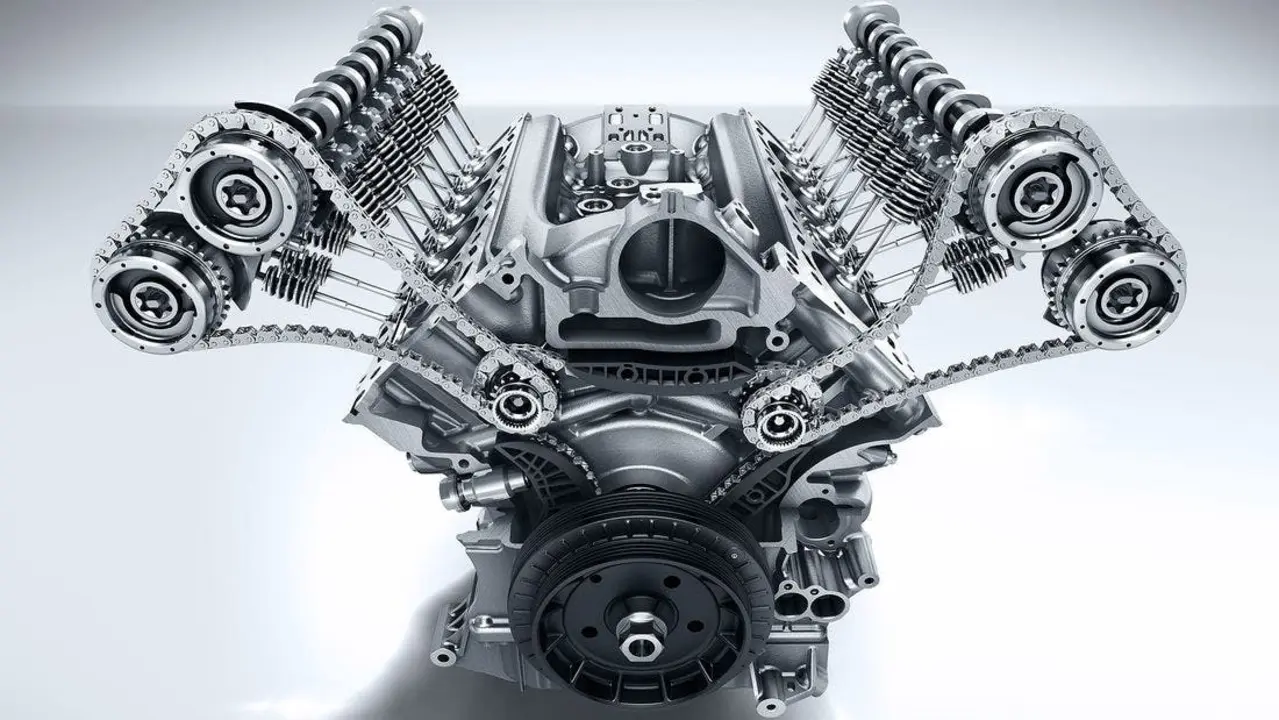
How long do internal combustion engines last?
The Lifespan of Internal Combustion Engines: How Long Can You Expect Yours to Last?
The internal combustion engine is the most commonly used type of engine in the world. It is used in cars, trucks, boats, and other transportation vehicles. But how long do they last? The answer depends on a few factors, including the type of engine, how it is maintained, and the type of driving you do.
The lifespan of an internal combustion engine is often determined by the type of engine. For instance, a gasoline engine will typically last longer than a diesel engine because diesel engines are more complex and require more maintenance. Additionally, diesel engines are more prone to wear and tear due to their higher compression ratios. The type of driving you do can also affect the lifespan of an engine. For example, if you frequently drive in stop-and-go traffic, your engine will likely wear out more quickly than if you drive mostly on the highway.
Proper maintenance is the key to getting the most out of your engine. This includes regularly changing the oil, replacing the spark plugs and filters, and checking the coolant levels. If you neglect regular maintenance, your engine will be more prone to breakdowns and may have a shorter lifespan than if you had kept up with it. Additionally, driving in extreme temperatures can cause your engine to wear out more quickly. Extremely hot or cold temperatures can cause parts to expand or contract, leading to excessive wear and tear.
Overall, the lifespan of an internal combustion engine depends on the type of engine, how it is maintained, and the type of driving you do. Proper maintenance and driving habits can help extend the life of your engine significantly. If you take good care of your engine, you can usually expect it to last for many years.
What Factors Affect the Longevity of Internal Combustion Engines?
The life expectancy of an internal combustion engine depends on many different factors. Some of the most important ones include maintenance and care, the type of engine, the environment it is operating in, and the type of fuel that it is using. Understanding these factors can help you get the most out of your engine and ensure it has a long and reliable life.
Maintenance and Care
Proper maintenance and care are essential for extending the life of an internal combustion engine. Regular oil changes, checking and replacing spark plugs, and keeping a clean air filter are all important for keeping the engine running smoothly. It is also important to pay attention to any warning signs or noises that the engine might be making and take steps to have it repaired if necessary.
Type of Engine
The type of internal combustion engine you have will also have an impact on its lifespan. Some engines are built to last longer than others, so choosing the right engine for your needs can make a big difference. It is important to do your research and find out which type of engine is right for your vehicle.
Environment
The environment that an engine is operating in can also affect its lifespan. If the engine is regularly exposed to extreme cold or heat, this can cause wear and tear more quickly. It is important to take steps to protect the engine from any extreme temperatures, as well as from dust and debris.
Fuel Type
The type of fuel that an engine is using can also have an effect on its lifespan. Using a fuel that is too low in quality or has a high concentration of impurities can cause accelerated wear and tear on the engine. It is important to use fuel that is designed for the specific type of engine you have.
How Maintenance Can Extend the Lifespan of Your Internal Combustion Engine
The internal combustion engine has been the driving force of many of the world's vehicles since its invention in the late 1800s. But how long do these engines last? The answer depends on how well you maintain it. Regular maintenance can extend an internal combustion engine's life and keep it running smoothly for many years.
The key to extending the life of an internal combustion engine is to keep it well-maintained. Regular oil changes are essential for keeping your engine lubricated and running smoothly, and checking for oil leaks is also important. A clean fuel system, including a clean air filter, is also critical for efficient engine operation. Additionally, checking the spark plugs and timing belt can help prevent major problems from occurring.
Another important step to extend the life of your internal combustion engine is to ensure that it is running at peak performance. This can be done by regularly checking the compression and timing. If compression is low, it could be a sign that the engine is not running as efficiently as it should be. Additionally, regular tune-ups can help your engine stay running at its best. Keeping the engine cool is also important, so make sure to check the coolant levels regularly.
Finally, if you are noticing any signs of wear or damage, it is important to address them quickly. This could include a decrease in power, vibration, and fuel consumption. If these issues are not addressed, they can lead to more serious problems that can be expensive to repair. Regular inspections and maintenance can help prevent these issues and keep your engine running for many years.
In conclusion, the life of an internal combustion engine is largely determined by how well you maintain it. Regular oil changes, clean fuel systems, and tune-ups can help keep your engine running smoothly for many years. Additionally, addressing any signs of wear or damage quickly can prevent major problems from occurring. With proper maintenance, your internal combustion engine can last a long time.
Write a comment